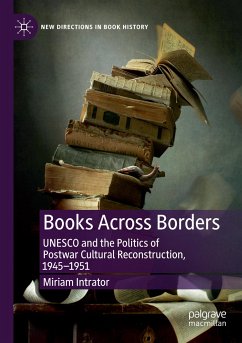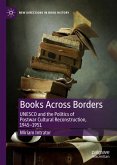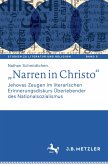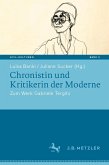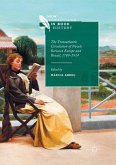Books Across Borders: UNESCO and the Politics of Postwar Cultural Reconstruction, 1945-1951 is a history of the emotional, ideological, informational, and technical power and meaning of books and libraries in the aftermath of World War II, examined through the cultural reconstruction activities undertaken by the Libraries Section of the United Nations Educational, Scientific and Cultural Organization (UNESCO). The book focuses on the key actors and on-the-ground work of the Libraries Section in four central areas: empowering libraries around the world to acquire the books they wanted and needed; facilitating expanded global production of quality translations and affordable books; participating in debates over the contested fate of confiscated books and displaced libraries; and formulating notions of cultural rights as human rights. Through examples from France, Poland, and surviving Jewish Europe, this book provides new insight into the complexities and specificities of UNESCO's role in the realm of books, libraries, and networks of information exchange during the early postwar, post-Holocaust, Cold War years.
"It is well written and tells a complex tale in a clear and careful way. ... While librarians and book historians will find this book of great interest, it also deserves a broader audience. Intrator's study is invaluable for those who are interested in the history of global organizations such as UNESCO and its role in shaping understandings of culture after the Second World War, as well as its successes and failures on the ground." (Amanda Laugesen, Libraries- Culture, History, and Society, Vol. 5 (1), 2021)

